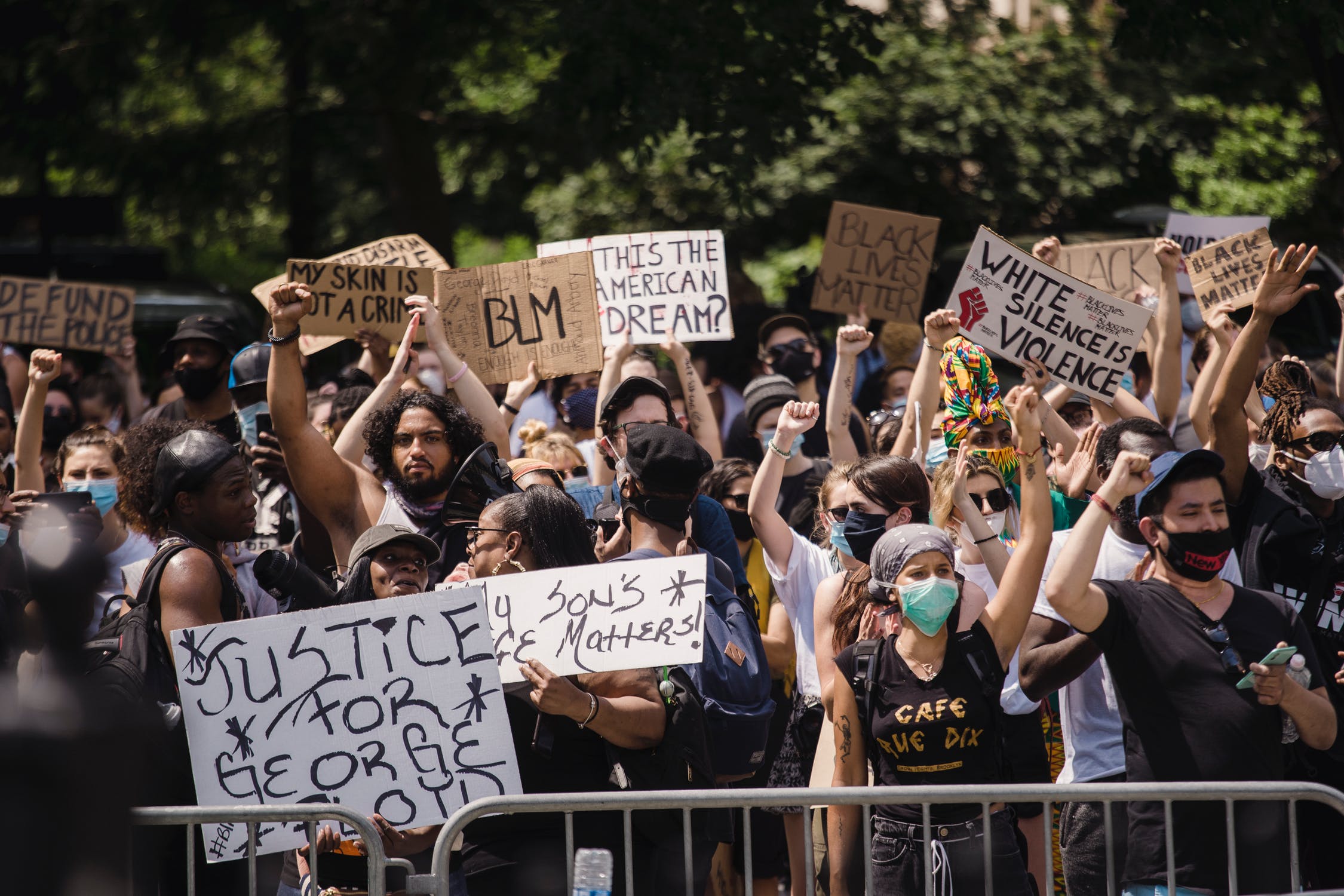
Protests erupted in Kenosha, Wisconsin following the police shooting of Jacob Blake. Blake was shot on Sunday, August 23 after police responded to calls of a domestic incident. A video showing Blake walking away from the police before he was shot seven times in the back went viral on social media following the shooting.
The viral video sparked protests in the city of Kenosha. Armed militia groups immediately responded to the area with the stated intent to protect personal property and local businesses. One member of an armed militia group, 17-year-old Kyle Rittenhouse, of Illinois, open fired on a group of protesters, killing two and seriously injuring another. After the shooting, Rittenhouse fled the state of Wisconsin and was arrested in Illinois as a fugitive from justice in Wisconsin. Wisconsin authorities are pressing murder charges against Rittenhouse. Rittenhouse is expected to defend his actions using self-defense claims.
Self-Defense Laws in Missouri
You hear the news talk about self-defense laws, like “Stand Your Ground” laws, but you never hear mentioned how these laws vary state to state. Missouri and 25 other states have “Stand Your Ground” laws. Pursuant to §561.031, RSMo, if a person is in a place where they are permitted to be, whether it is their home or in public, they do not have the duty to use retreat before using deadly force in self-defense or in defense of another innocent party.
Claiming self-defense is an affirmative defense. An affirmative defense is a fact or set of facts other than those alleged by a prosecutor which, if proven by the defendant, defeats or mitigates the legal consequences of the defendant’s otherwise unlawful conduct. Very strict procedural requirements arise when a defendant raises an affirmative defense. In other words, moving forward with an affirmative defense is a very difficult task to manage. The court may decide that the affirmative defense does not apply to your case, and prosecutors may push forward with serious criminal charges. If you are facing serious criminal charges but you think you acted in self-defense, contact an experienced criminal defense lawyer immediately.
Using self-defense, with or without a lethal weapon, should always be a last resort. Do not take matters into your own hands—police work should always be left to law enforcement officers. Remember, it is a potentially lethal threat to your person or an innocent party—not your personal property—that justifies acting in self-defense.

